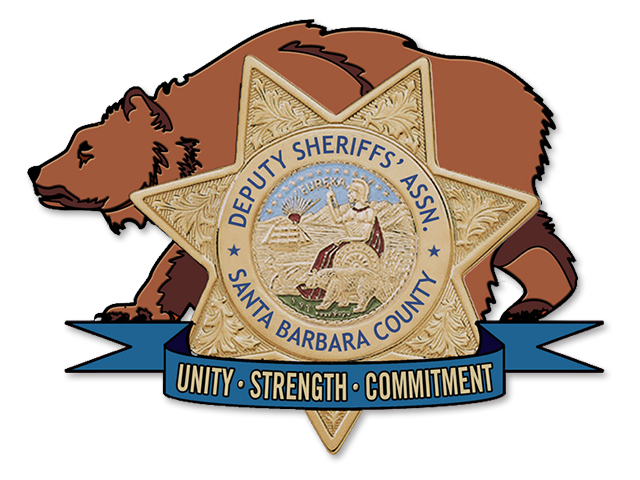On January 6, 2024, a three-judge panel on the Ninth Circuit Court of Appeals dissolved a stay of a district court’s injunction against Senate Bill 2’s near-total ban on CCW gun carry in the state. In so doing, the Ninth Circuit has largely restored the status quo prior to the SB 2 ban on licensed concealed carry in nearly all public places. Moreover, PORAC President Brian Marvel has been actively supporting the litigation, Mays v. Bonta, that obtained the issuance of an injunction against the carry restrictions in SB 2.
By SB 2’s plain terms openly admit “[i]t is the intent of the Legislature to enact legislation to address the United States Supreme Court’s decision in New York State Rifle & Pistol Ass’n, Inc. v. Bruen (2022)”, which held that the Second and Fourteenth Amendments protect a private citizen’s right to carry a handgun for self-defense outside the home. SB 2 amends or creates thirty separate sections of the penal code in regards to firearms possessions and the process for private citizens to obtain CCW permits.
Prior to January 1, 2024, many private citizens vetted by a rigorous background check process and licensed by the state, regularly carried a firearm for personal protection. Some had done so for years. SB 2 uprooted longstanding rights of CCW holders to carry in the places now designated as “sensitive” and thus off-limits. In what has been termed the “Vampire Rule”, SB 2 even prohibits CCW holders from carrying on private property open to the public, unless the owner first posts permission. In short, SB 2 designates nearly every public place a sensitive area where carrying is prohibited.
The new statute and the implementing regulations also increased the costs and training requirements for obtaining a CCW, severely limiting the pool of eligible CCW instructors.

